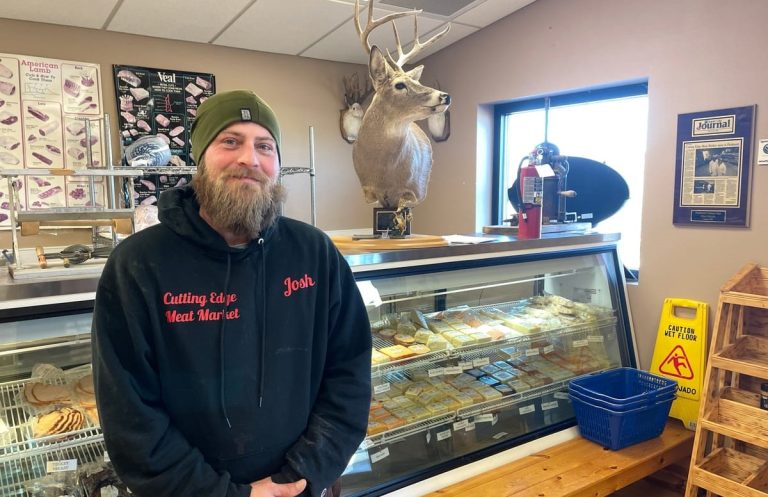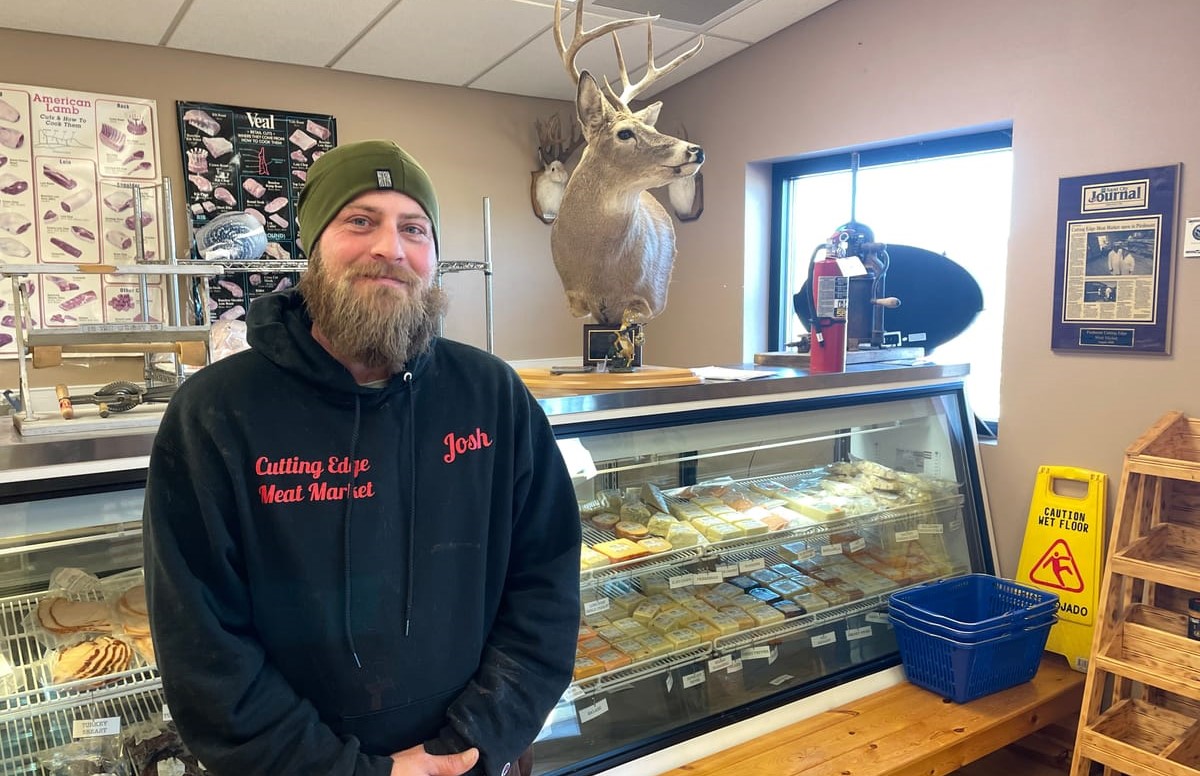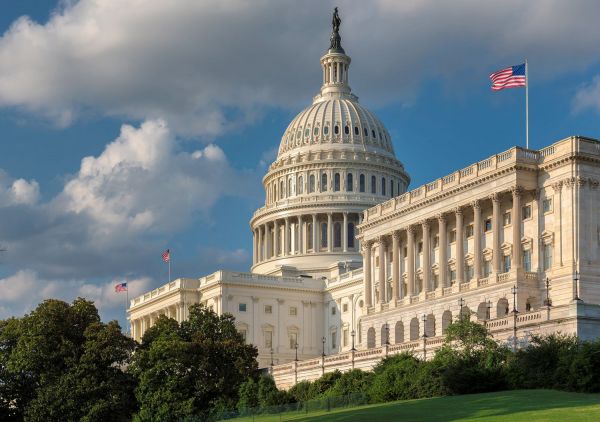DALLAS, TX – Rolling out a product as bold as its name, Tyson Foods has teamed up with Adams Land Cattle, LLC in Nebraska to introduce a new line of Brazen Beef. Unveiled at the 2023 Annual Meat Conference, held March 6-8 in Dallas, the brand is the first of its kind and said to be produced using 10% less greenhouse gas (GHG) emissions.
Beef under the Brazen brand is produced from cattle that are part of Tyson’s Climate-Smart Beef Program. That program was developed with input from a variety of cross-industry experts in sustainability and addresses GHG emissions on an animal-by-animal basis.
“For Tyson, the genesis was finding ways to actualize what our sustainability strategy is. There’s no better way than getting the direction from our senior leadership, up to the chairman of the board, saying this is important for us,” Kent Harrison, VP of fresh meats marketing and premium programs at Tyson, told Progressive Grocer in a recent interview.
According to Harrison, Tyson has been working on the emissions-centric program for the past two years. “The science behind it is pretty complex and there are a number of ‘nodes’ that feed into the data, including cow/calf climate-friendly practices at the ranch, at the feedlot and at row crops we source for the feedlot and supplemental feed,” he reported, citing some examples. Other climate-friendly practices include rotational grazing, land management planning and water management.
The fact that data gets down to individual animals reflects the capabilities and possibilities of tech-driven granularity. “We keep track of each animal and with the promise of Brazen brand, it will all be 10% reduction in greenhouse gas versus the North American standards,” Harrison explained.
Tyson has teamed with Adams Land and Cattle, LLC in Nebraska on the databases and technologies used to track cattle bound for Tyson’s facility in Lexington, Neb. “Right now, we’re working with Tyson on building a supply chain where you can more accurately estimate the actual GHG emissions from pasture to production. Being able to model emissions and get that label on a box of beef is pretty game changing from the industry perspective,” said Abram Babcock of Adam’s Land and Cattle.
As Tyson continues to work on the science of producing a line of beef built around reductions in GHG emissions, it is running a parallel marketing track. Describing the brand identity, Harrison said, “We are trying to be upbeat and different, with something that speaks definitively to that group (of younger Millennial and Gen Z consumers).” Messaging will share sometimes-complicated scientific information in a consumer-friendly, understandable way, he added.
Even as Brazen Beef makes its debut, the nature of sustainability means that it will be an evolving program. “We see this as something that changes over time, and new things will be added to it,” said Harrison, adding that eventually, other proteins may be brought under the Brazen umbrella.












